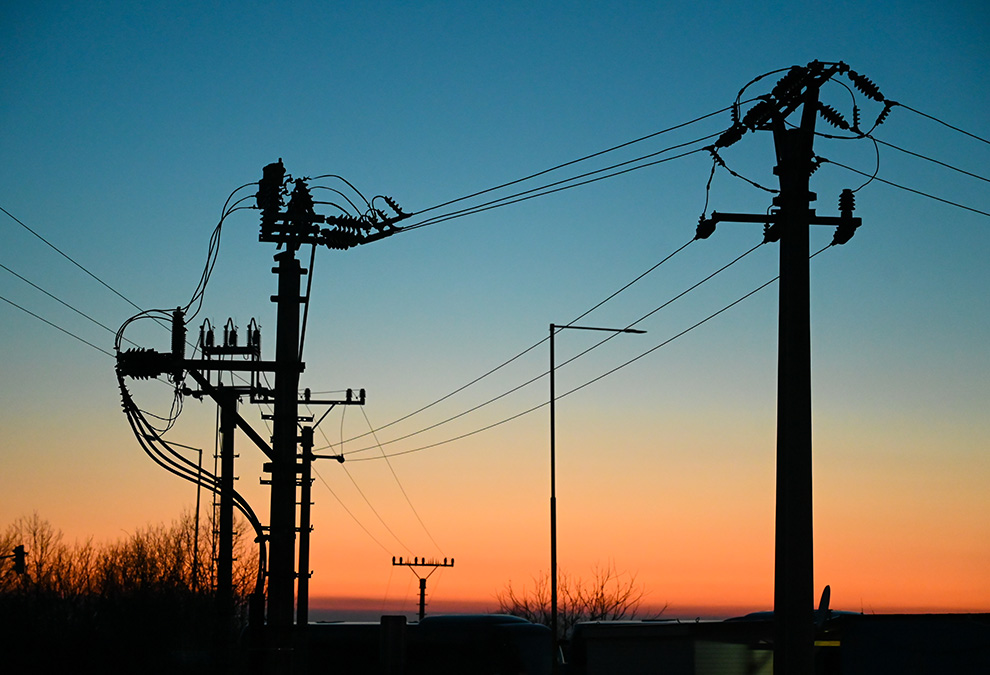Power outages due to severe weather have doubled in the U.S. over the past 20 years. The outage frequency and duration are at their highest levels ever, with some lasting weeks at a time.
While massive grid outages are inconvenient for everyone, they can be life-threatening for certain people, including the elderly and those dependent on electrical medical equipment. Outages also interrupt the economy, slowing or even halting the manufacturing and distribution of goods.
One solution for strengthening the vulnerabilities of the electrical grid is to adopt the use of composite utility poles.
How Composite Poles Compare to Wood
Approximately 2.5 million wooden poles are replaced every year. Reasons for replacement range from natural disasters and strength degradation over time to damage from sun exposure, moisture, chemicals, and insects — all causing decay and, ultimately, pole failure.
In comparison, composite utility poles have low conductivity and are fire-resistant. In fact, composites retain up to 75% of their thermomechanical performance after moderate exposure to fire. Plus, they absorb energy from impacts better than wooden poles and can withstand wind speeds up to 180 mph with significant loading.
Additional benefits of composite poles include:
- Corrosion resistance
- Longer lifespans
- Low maintenance
- Lightweight (half as heavy as wood)
- Environmentally friendly
Thanks to these qualities, plus the fact that there is zero strength degradation over time, the expected average service life of a composite utility pole is 60-70 years, compared with that of 20-30 years for a wood pole.
When you or your customers are ready to invest in composite poles, reach out to us.
Related blog posts:
Why You Should Consider Composite Light Poles
5 Major Benefits of Composite Light Poles
Why Composite Poles Are a Better Option in Storm Zones




